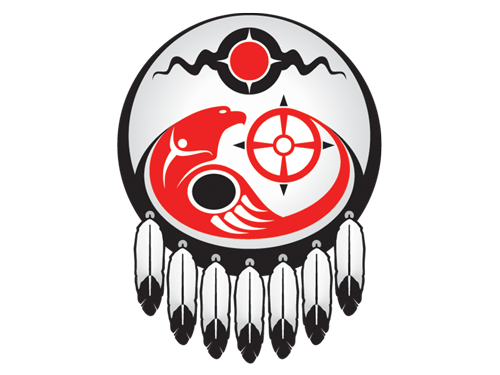At the end of this month, Indigenous leaders from across Canada will elect the next chief of the Assembly of First Nations.
There are five candidates running in the July 25 election, including current incumbent Perry Bellegarde of Saskatchewan.
Voting takes place in Vancouver.
Bellegarde is seeking re-election on his record, which includes a good working relationship with the Trudeau government and securing billions of new dollars for First Nations communities across the country.
Cheryl McKenzie is an executive producer with the Aboriginal Peoples Television Network’s national news division. She says in spite of Bellegarde’s success with the federal Liberals, people should not mistake this as business as usual at the AFN.
“There is definitely a desire for change,” she says. “I see that driven a lot by the younger people. We’ve all seen this coming with just so many of our population – the younger people that are coming up – and they’re really informed, they’re really engaged, they’re really smart.”
Candidates such as Manitoba’s Sheila North and Katherine Whitecloud and Quebec’s Russ Diabo are accusing the current AFN leader of being a bit too cozy with the Liberal government.
They are advocating for a more grassroots approach and argue the AFN should operate more arms-length from Ottawa than is currently the case.
While British Columbia’s Miles Richardson takes a more similar approach to Bellegarde saying the AFN needs to work closely with government on an issue by issue basis.
McKenzie says an AFN leader’s relationship with Ottawa can be a tenuous one.
“If the AFN didn’t get as much federal money, would it be leaner and meaner and advocating for more rights? Or does more money being poured into the AFN from the federal government, does that mean they’re going to be a little quieter on issues and a little bit happier about things?”
The Liberal government’s proposed Indigenous rights bill is sure to be a hot topic of discussion in the remaining weeks before the election.
The government is proposing a framework that would recognize section 35 rights of the Canadian Constitution under federal law.
This is the section of the 1982 constitution that recognizes Indigenous rights.
Bellegarde has faced criticism for not being critical enough of the new legislation.
Diabo, North and Whitecloud say the bill is too Ottawa-centric and has not included enough consultation with First Nations.
About 640 First Nations leaders are eligible to vote in the election.
A candidate must capture at least 60 per cent of the vote in order to secure victory.
(PHOTO: AFN logo. Photo courtesy of afn.ca)
